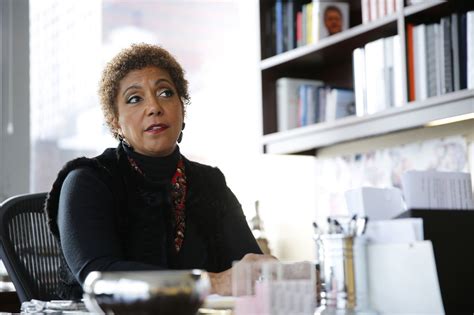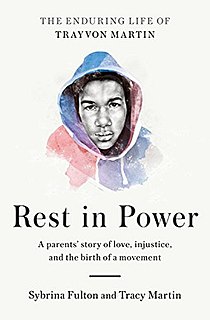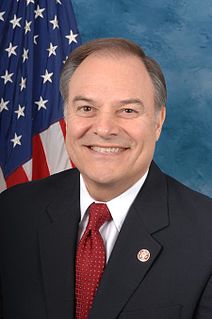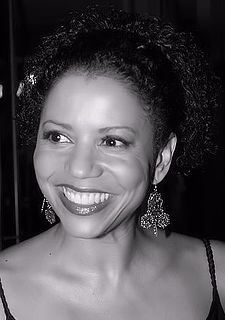A Quote by Melissa Harris-Perry
I think the most critical needs of the African-American communities aren't being addressed primarily because of decisions being made by Republican Congressional leaders.
Related Quotes
In the long run, we will need many more African-American, Latino, and Native American leaders, and leaders from low-income communities, who can bring additional insight and a deeply grounded sense of urgency, and who are the most likely to inspire the necessary trust and engagement among students' parents and community leaders.
I don't regret the fervor, because I do believe, in the African American community but also for other communities, and I know from talking to people, for communities around the world, the election of an African American to the most powerful office on Earth meant things had changed, and not just in superficial ways. That in some irreversible way the world was different.
I would definitely like to see the education process more enhanced in African-American communities, because we need to be educated on laws that are relevant to our communities and our people, as well as to any other ethnic groups. A broader view of how people perceive African-American boys and girls in this country is what I'd like to see.
As far as producing, once we started shooting, I soon realized where the critical decisions about the movies were really being made, and it wasn't on the set. They were being made in the production meetings. That's where producing a movie happens. And that's where I wanted to be. I didn't just want to be a piece, a pawn being played. I wanted to take part in the creative process, and that's how I sort of got introduced to the idea.
The tyranny of Harvard and Yale is another thing that transcends this problem of the set point. But what's so striking about [Louis] Brandeis is he had this vision of cultural pluralism that completely gave the lie to the idea that there was any inconsistency between being Jewish or being a woman or being African American and being fully American.





































